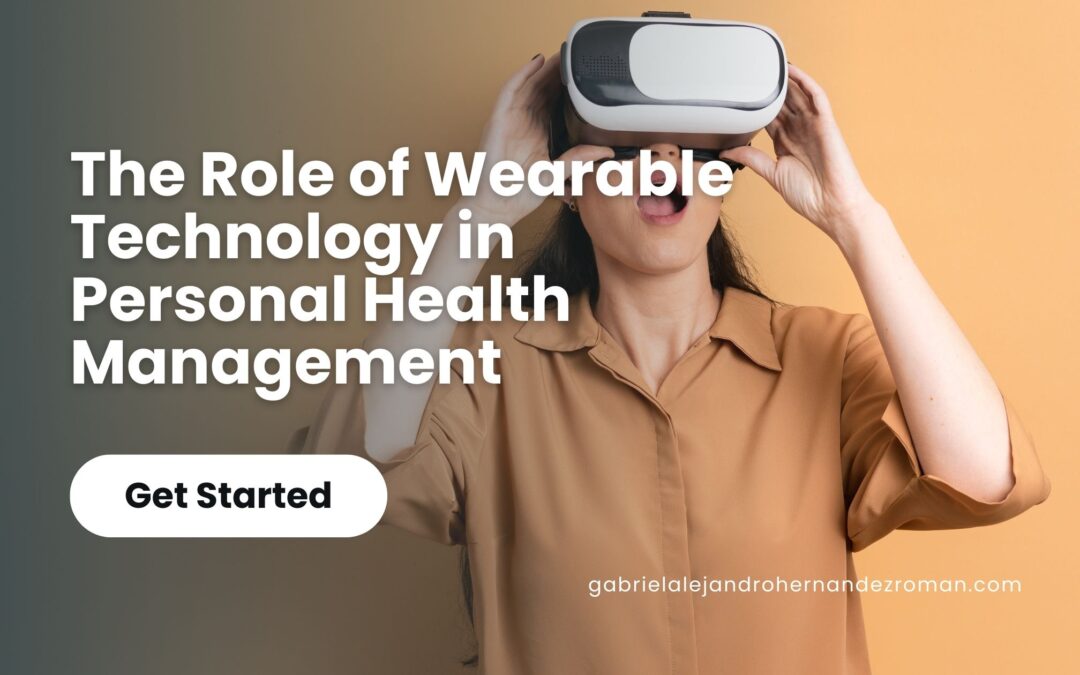Wearable technology has transformed personal health management, offering individuals innovative tools to monitor, track, and enhance their well-being. From fitness trackers to smartwatches, these devices provide valuable insights into various aspects of health, empowering users to make informed decisions and adopt healthier lifestyles.
One of the primary benefits of wearable technology is its ability to provide real-time health data. Devices such as fitness trackers and smartwatches can monitor physical activity, heart rate, sleep patterns, and more. By collecting and analyzing this data, users gain a clearer understanding of their daily habits and overall health. For instance, a fitness tracker can measure the number of steps taken, calories burned, and distance traveled, helping users set and achieve fitness goals. Similarly, heart rate monitors can detect irregularities and provide early warnings for potential health issues.
Wearable technology also plays a significant role in chronic disease management. For individuals with conditions such as diabetes or hypertension, wearables can track vital signs and glucose levels, providing continuous monitoring that helps manage these conditions more effectively. Some devices are designed to measure blood pressure, monitor blood oxygen levels, and even detect abnormal heart rhythms. This data can be shared with healthcare providers, enabling timely interventions and personalized treatment plans.
Another advantage of wearable technology is its ability to enhance preventive health measures. Many wearables come equipped with features that encourage users to adopt healthier habits. For example, reminders to move or stand up after prolonged periods of inactivity can help prevent sedentary behavior and reduce the risk of related health issues. Sleep trackers can provide insights into sleep quality and suggest improvements for better rest. By integrating these features into daily routines, wearables promote proactive health management and encourage lifestyle changes that contribute to overall well-being.
Wearables also facilitate health data integration and sharing. Many devices are compatible with mobile apps that sync data and provide comprehensive health reports. Users can track their progress, set goals, and access historical data, which helps in identifying patterns and making adjustments to their health routines. Additionally, some wearables allow users to share their health data with healthcare providers, enabling remote monitoring and virtual consultations. This connectivity enhances collaboration between patients and providers, leading to more personalized and effective care.
Despite their numerous benefits, wearable technology does have some limitations and considerations. Accuracy can vary between devices, and users should be mindful of the reliability of the data they receive. Privacy and security concerns are also important, as wearable devices collect sensitive health information. It is crucial for users to choose reputable brands and understand the data protection measures in place.
In conclusion, wearable technology has a transformative impact on personal health management. By providing real-time data, supporting chronic disease management, promoting preventive health measures, and facilitating data integration, wearables empower individuals to take control of their health. As technology continues to advance, these devices will likely become even more sophisticated, offering new opportunities for improving health and well-being. Embracing wearable technology can lead to more informed decisions, healthier habits, and a greater overall quality of life.

